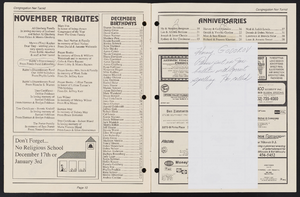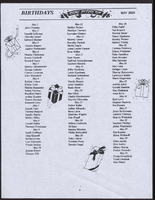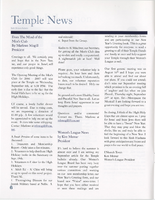Search the Special Collections and Archives Portal
Search Results
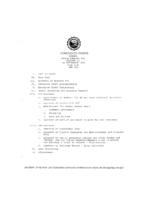
Meeting minutes for Consolidated Student Senate, University of Nevada, Las Vegas, September 06, 1983
Date
Archival Collection
Description
Text
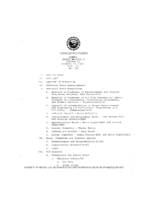
Meeting minutes for Consolidated Student Senate, University of Nevada, Las Vegas, December 13, 1983
Date
Archival Collection
Description
Text
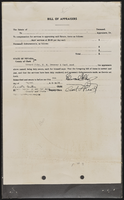
Stewart family real estate documents
Date
Archival Collection
Description
Stewart family real estate documents
Text

Transcript of interview with Lilly Fong by Annie Yuk-Siu Shum, February 29, 1980
Date
Archival Collection
Description
Text

Transcript of interview with Dr. Holbert H. Hendrix by Keith Thomas, February 20, 1979
Date
Archival Collection
Description
On February 20, 1979, Keith Thomas interviewed Dr. Holbert H. Hendrix (born 1914 in French Lick, Indiana) about his life in early Las Vegas, Nevada. The interview takes place at the University of Nevada, Las Vegas in Room 312 of the Education Building. Dr. Hendrix first discusses his personal background and interests, as well as his occupational background in teaching. The two discuss changes at the University of Nevada, Las Vegas, including construction, when the university began awarding degrees, and Dr. Hendrix’s reasons for moving to Las Vegas. Dr. Hendrix then describes changes to the Strip and how the hotel industry has changed since he first arrived in Nevada. The two briefly discuss how problems with prostitution may have increased since Dr. Hendrix arrived in Nevada. The interview concludes with Dr. Hendrix contemplating new problems that may arise in Las Vegas as a result of an expected population boom and his hopes that the Nevada state government would invest more into funding for education.
Text


